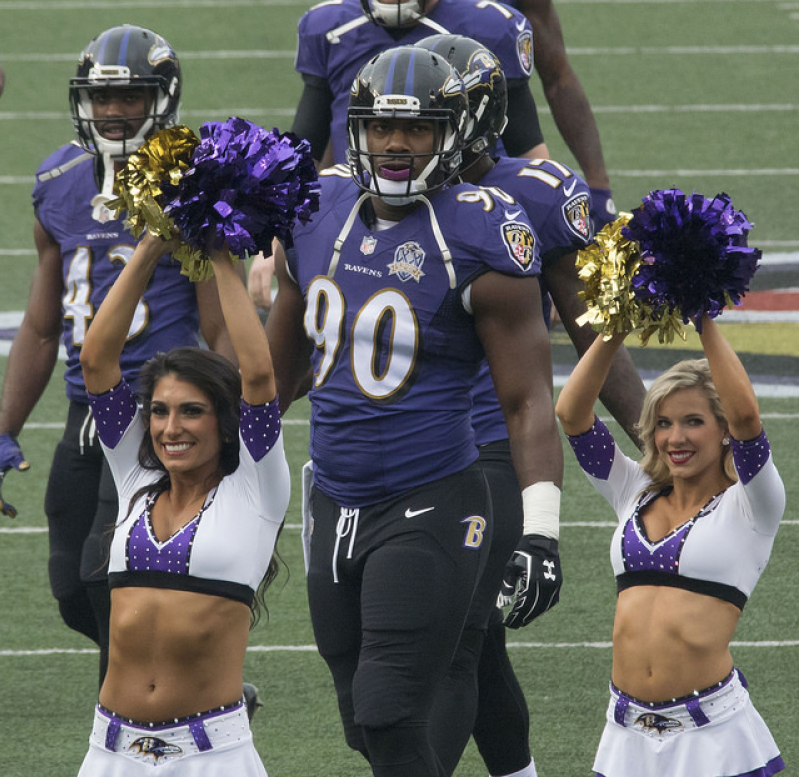
The NFL will reportedly launch an investigation centering on the Baltimore Ravens for allegedly making its rookie players wear full pads during a minicamp. According to league sources, this is a violation of the NFL's Collective Bargaining Agreement or CBA.
News about the investigation was first reported by ESPN after gathering information from its sources. According to the sports news site, the team allegedly made its veteran and new players suit up with full pads during a non-contact punt protection drill.
Representatives from the Ravens admitted that its players did wear full pads during a training session on May 6. They explained that they thought that the rules for organized team offseason activities do not apply for the rookie minicamp.
However, after receiving a clarification from Benjamin Watson, the representative of the players' union, the team immediately asked its players to leave the field and to stop the drills. According to the team, the training session in question lasted for about five minutes.
It is not yet clear, however, if an actual investigation carried out by the NFL will take place since, in order for that to happen, the league must first receive an official report from a player about a violation. Despite this, it seems the Ravens is more than willing to cooperate in the matter since representatives from the team noted that all practices are taped.
Over the years, guidelines of the CBA have become stricter. Also, if proven, this would not be the first time the Ravens violated a CBA rule. Back in 2010, the Baltimore franchise had to cancel the last week of its offseason workouts due to complaints filed by multiple players.
According to NESN, these players said that the team held late meetings that sometimes lasted for too long.
The Seattle Seahawks also violated the leagues non-contact rules back in 2012. The team then made the same violation again in 2014 and was then punished by the league. As punishment, coach Pete Carroll was slapped with a $100,000 fine while the team was charged with another $200,000 penalty for repeating the violation.






